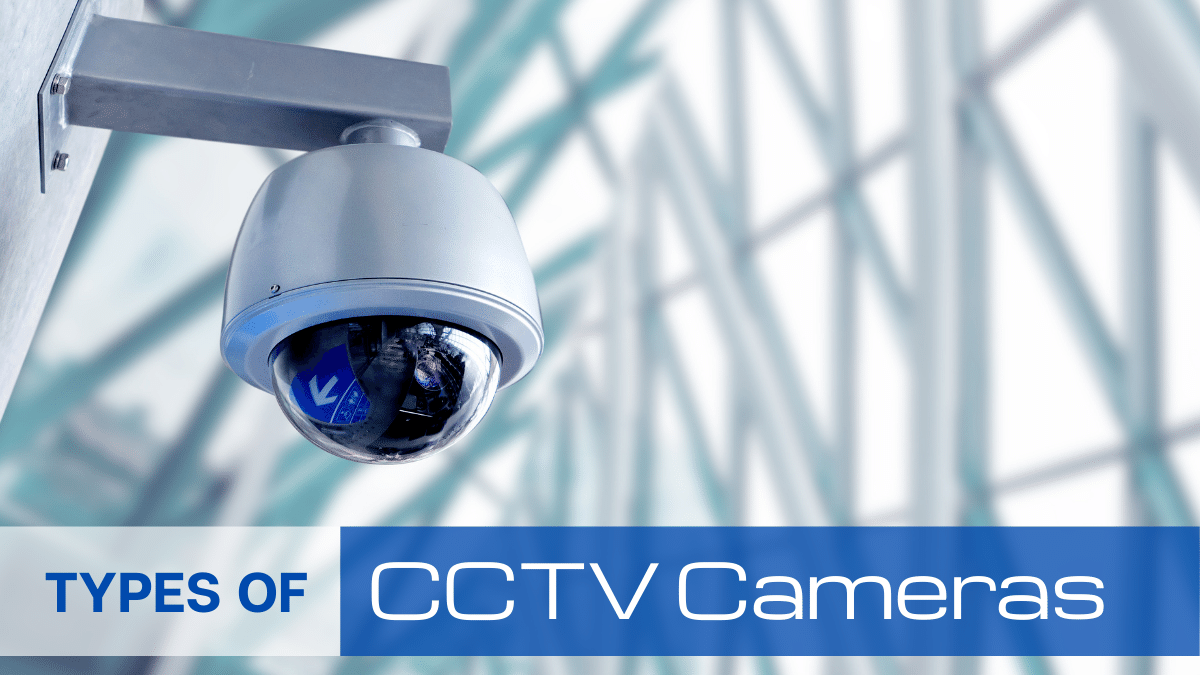Security is essential in all areas of life. With the advancement of technology, individuals and their property can now be fully protected. Commercial and residential, both areas are now adopting a standardized security protocol that helps reduce crime and monitor activities around the clock. Video Surveillance is possible with the various types of CCTV cameras in the CCTV monitoring business.
Different Types of CCTV Cameras With Images:
Bullet CCTV Cameras
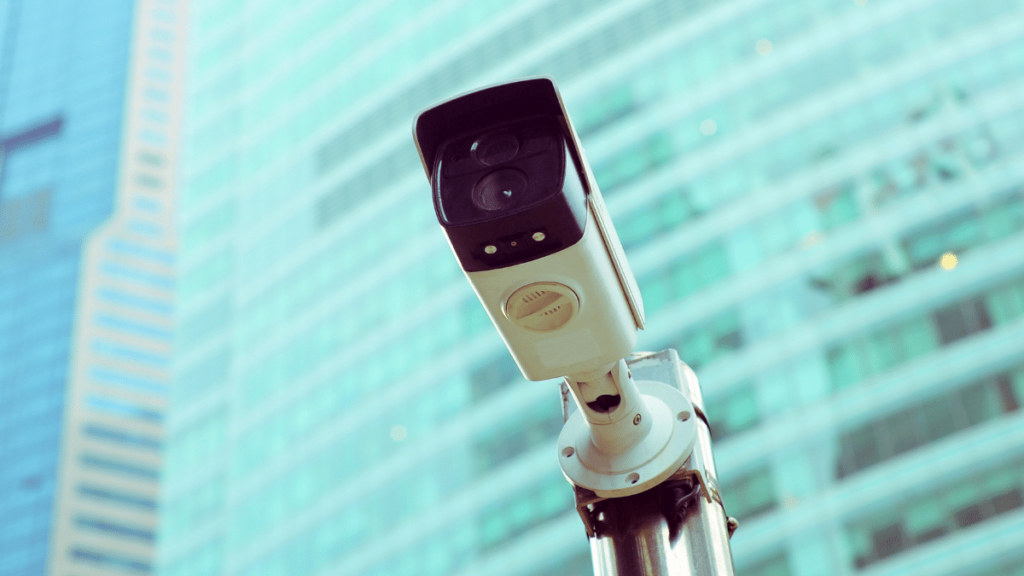
They are the most common type of CCTV camera. They have a long cylindrical shape, which has given them a name and characteristic appearance. This species is recognizable to almost everyone and thus scares unwanted individuals. If security cameras appear, hopefully, criminals and intruders will go somewhere else. The camera’s shape is ideal for focusing on a static area such as an entrance or exit. Still, it requires multiple cameras if the user needs to view various fixed images. The Bullet Camera is easy to mount and can work both indoors and outdoors. They have a small bezel at the end of the camera that enhances weather protection and reduces glare.
Dome CCTV Cameras
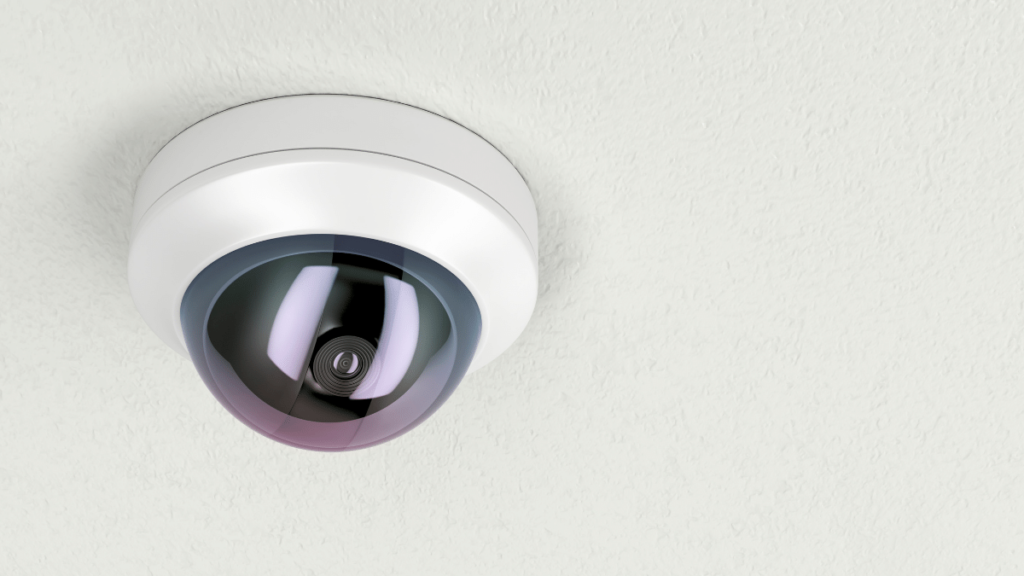
The second most common type of CCTV camera is the dome camera. Like bullet cameras, dome cameras have a specific shape, but they are less visible at first. Cameras are usually mounted on IL roofs, so they make indoor cameras, but they can be used outdoors and mounted on the wall if needed. Most cameras have night vision and motion-sensing technology that enables 24/7 effective surveillance. The dome camera has a wider angle and is more flexible towards tampering and vandalism.
IP CCTV Cameras
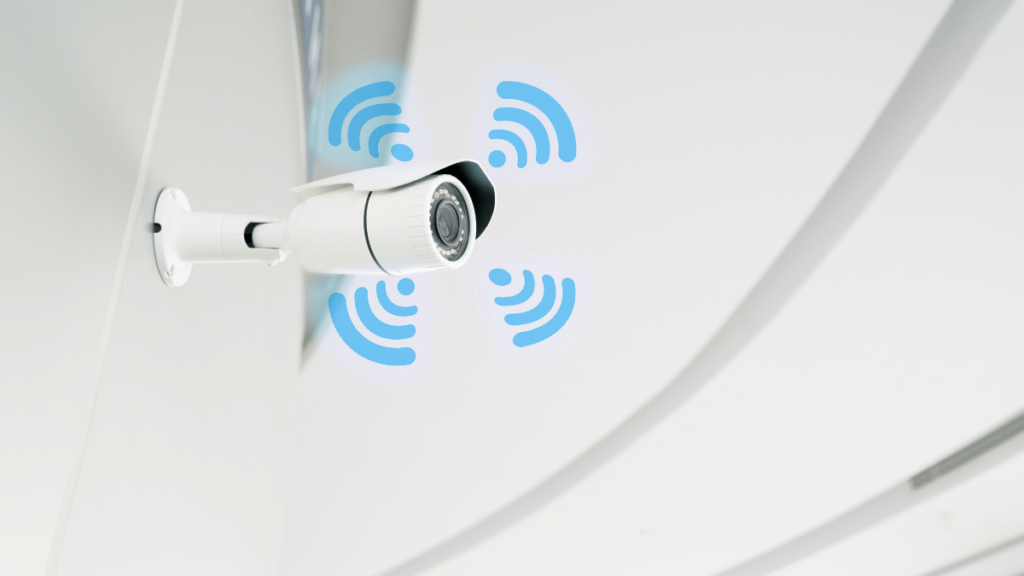
IP security options include wired, wireless, and wire-free cameras. It collects and sends data over a wireless network. This security camera connects to the user’s home WiFi network and allows users for remote video monitoring. Wireless is a common misconception that camera wire is free. This is not true, as the wireless camera still needs a power cord. Wired security cameras are connected directly to the recorder, connected to the router and the Internet. Finally, the wire-free camera is completely cable-free and battery-powered. Although battery replacement is required, this is an easy option to install, and all recorded footage is stored in the cloud.
Day/Night CCTV Cameras
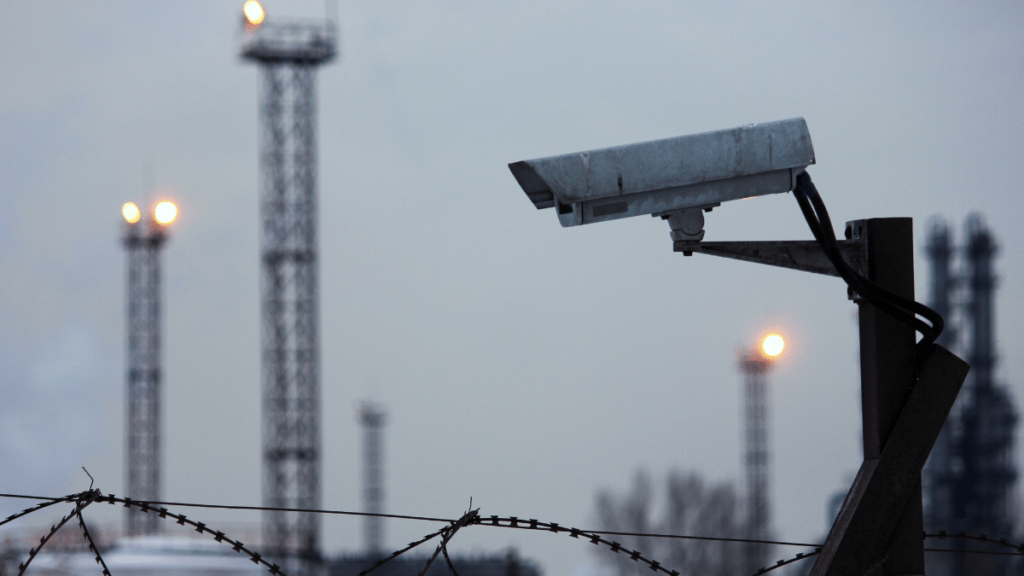
Able to operate in both standard and low light environments, these cameras do not require inbuilt infrared bright light as they can capture clear video images in high brightness thanks to their extra sensitive imaging chips. And that’s why these cameras are ideal for outdoor surveillance applications. These cameras can work well without any problem of environment and time of day or night.
Wireless CCTV Cameras
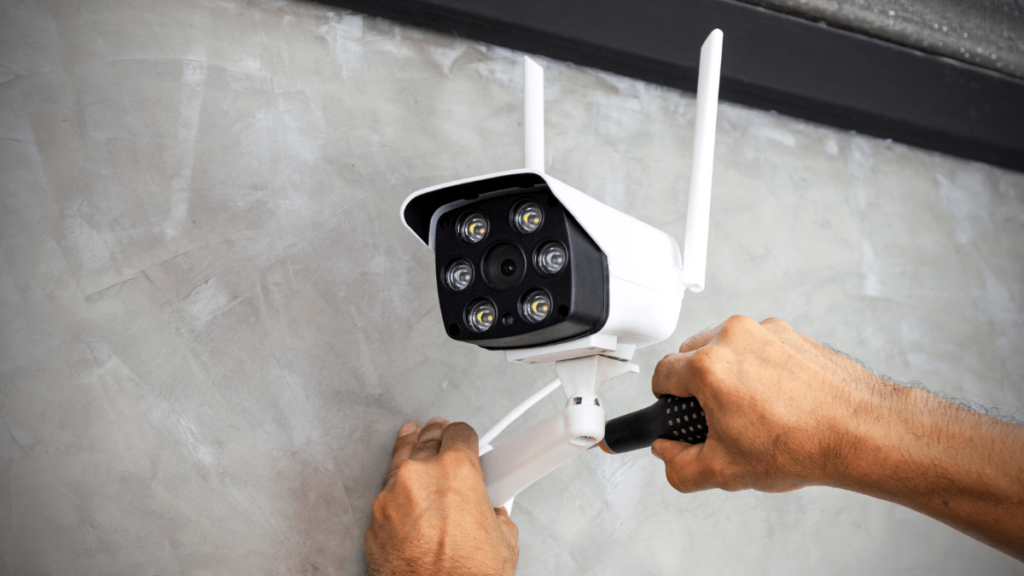
Wireless cameras may or may not be connected to the Internet. Not all wireless CCTV cameras are IP based; some wireless cameras may use the optional wireless transmission mode. But regardless of the transmission method, the main advantage of these devices remains exceptional installation flexibility.
Whether you want a single camera or multiple cameras as part of an integrated security system, wireless CCTV cameras can perform various tasks for the organizations that use them. These are mainly used to detect, prevent, reinsurance, proof, access control, facility management, etc.
PTZ CCTV Cameras (Pan-Tilt-Zoom)
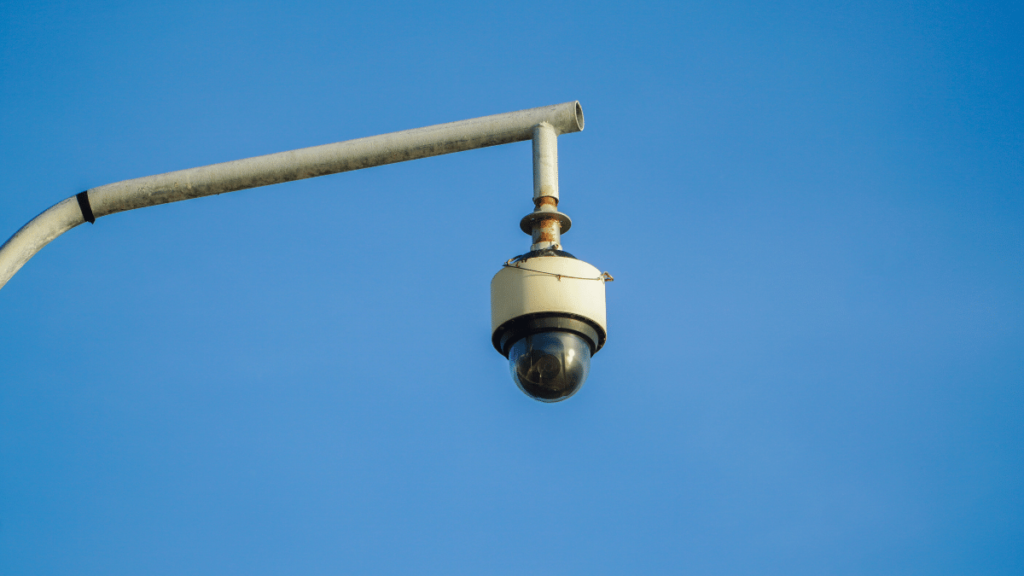
PTZ cameras work better for pan, short, tilt, zoom, extensive space surveillance. The camera lens moves anywhere from any pan/tilt to a 360-degree pan and 180-degree tilt. The advantage of PTZ cameras is that only one is required to monitor a room instead of many individual fixed cameras. The camera often has preset capabilities to quickly point the camera at the desired location and zoom in and out of the image.
You can control these cameras manually or program them to monitor what’s happening accurately. This camera can be monitored with real-time controls, so it is used in susceptible areas where real-time monitoring is required.
High Definition (HD) CCTV Cameras
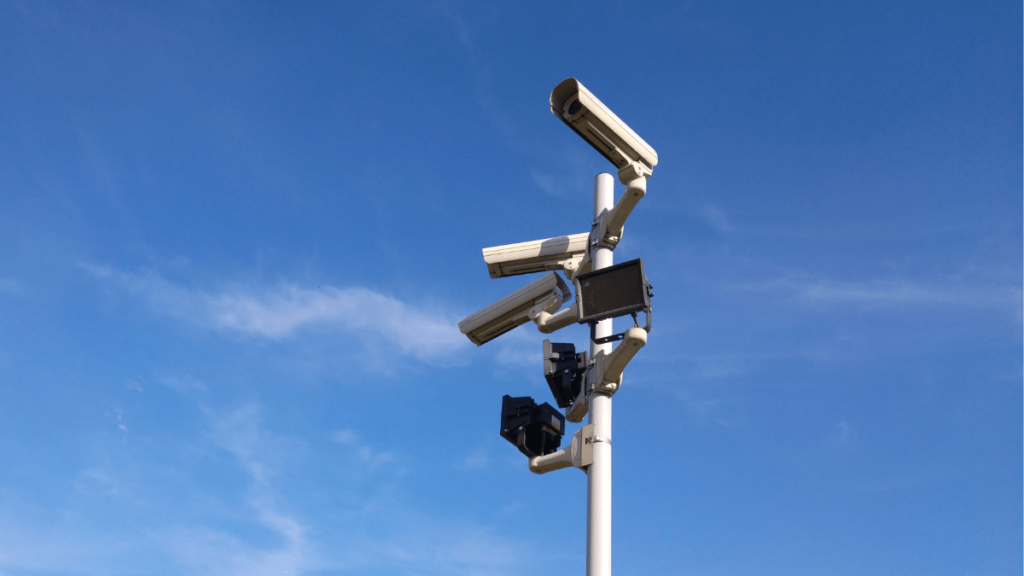
HD Camera is a particular type of analog or CCTV security camera that can record surveillance video in 720p high definition (HD). Although previously only available on new IP cameras, these HD analog cameras are ideal for surveillance systems that require HD quality for video proofing but do not require more advanced IP video features.
As an affordable option to IP technology, HD cameras give you access to the latest Surveillance World technology on a budget. This is an essential factor for small businesses. These cameras come in a variety of styles and fit everywhere.
Night Vision CCTV Cameras
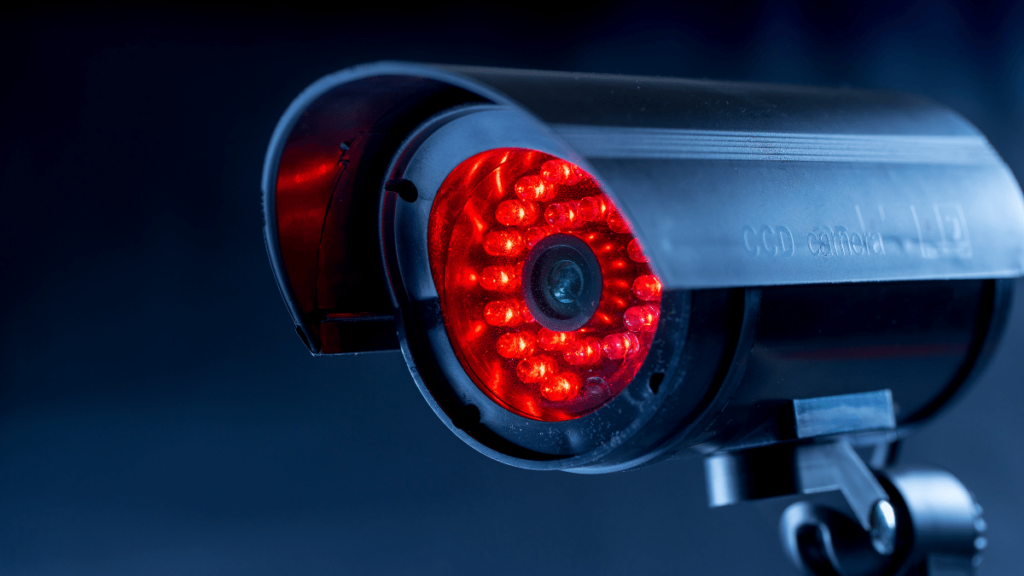
Today, most CCTV cameras are equipped with a night vision system, a cost-effective solution for 24/7 surveillance compared to installing a separate infrared system for nighttime CCTV monitoring services. Cameras switch to night mode when the light intensity falls below a certain level. Expect a 10 to 15 percent decrease in resolution compared to daylight. Rest assured, however, that this level of performance is more than adequate for most scenarios.
However, more is not always better when it comes to night vision. Be sure to select a camera whose night vision range does not exceed twice the expected viewing distance.
For example, if the desired viewing distance is 40 to 50 feet from the camera location, choose a camera with a 100 feet night vision range. The sweet spot is 50 to 80% of the camera’s maximum night distance.
C-Mount CCTV Cameras
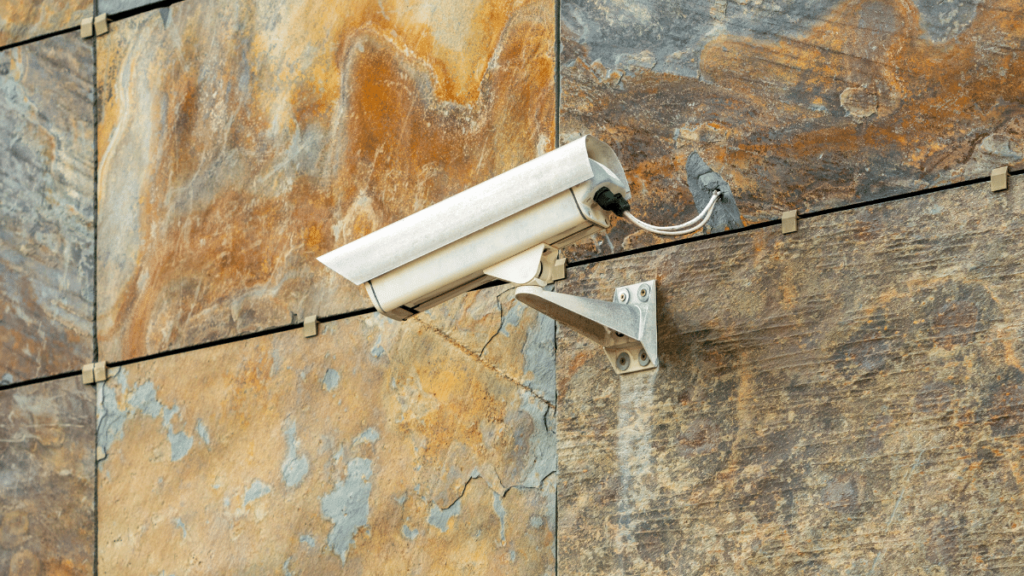
C-Mount CCTV cameras can use removable lenses for a variety of purposes. CCTV cameras can typically record up to 35 feet. However, if you need to monitor beyond this distance, you can achieve that goal with a C-mount camera with a unique lens. Varifocal lenses are often used to correct focal lengths and viewing angles. You can zoom in and out without losing focus.
CCTV cameras can perform many functions for the organizations using them. These are mainly used to detect, deter, reassure, evidence, access control, facility management, etc. Under the proper guidance of security consultants, you can determine what is the best type of CCTV camera!
Choose the best one for you and keep reading Debongo!

